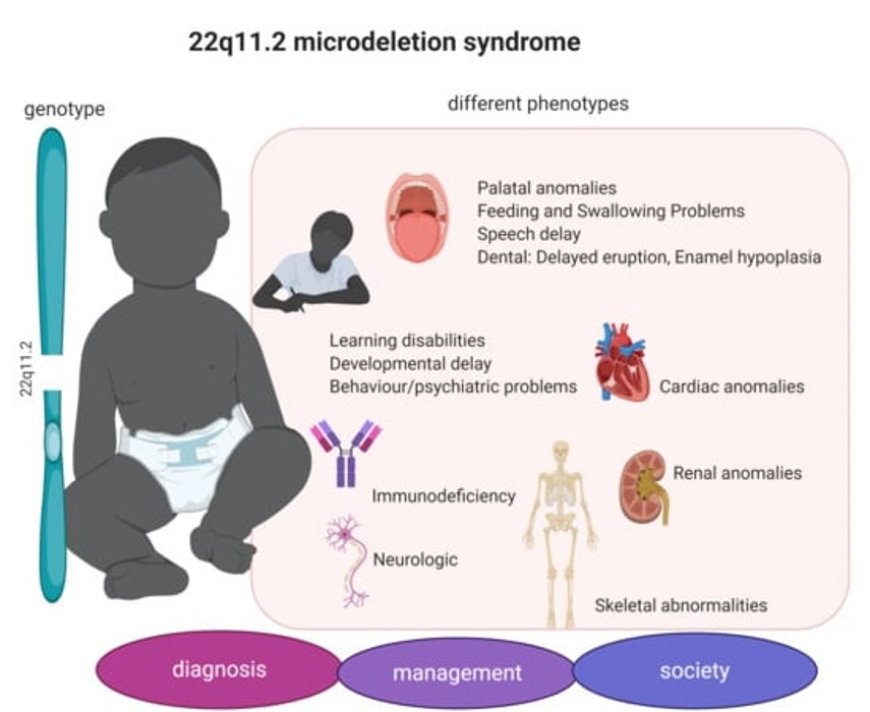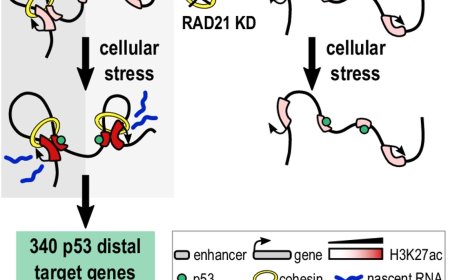Chromosomal 22q11.2 deletion confers risk for severe spina bifida

Chromosomal 22q11.2 deletions increase risk for meningomyelocele, one of the most severe and common forms of spina bifida, researchers report.
According to the findings, this risk is mediated by the loss of Crkl, one of several neural tube expressed genes located on the 22q11.2 deletion interval, and this risk is only partially alleviated by folate supplementation.
Meningomyelocele (MM) is a severe type of neural tube defect, which often requires pre- or post-natal surgical repair and can result in a variety of physical and developmental difficulties.
Although the incidence of the condition has declined in recent decades, largely due to folic acid (FA) fortification, MM remains a particular challenge in some areas of the world. The causes of MM remain largely unknown, and the risk attributable to common genetic variants remains unexplored.
To better understand the genetic architecture of MM, the researchers established the Spina Bifida Sequencing Consortium to identify the genetic mutations present in a child with MM that are not present in the parents.
They found that previously unrecognized de novo or inherited chromosomal 22q11.2 deletions (22q11.2del) were the most common recurrent genetic condition, suggesting that patients with MM were 22.98 times more likely to harbor 22q11.2del compared to the general population.
Moreover, in a separate study of a cohort of individuals with 22q11.2 deletion, the researchers discovered that the risk of MM was roughly 12- to 15-fold greater than expected.
Using a mouse model, the authors investigated candidate genes driving MM risk and found that loss of Crkl was enough to alter neural tube development and at least partially mediated by maternal folic acid.












